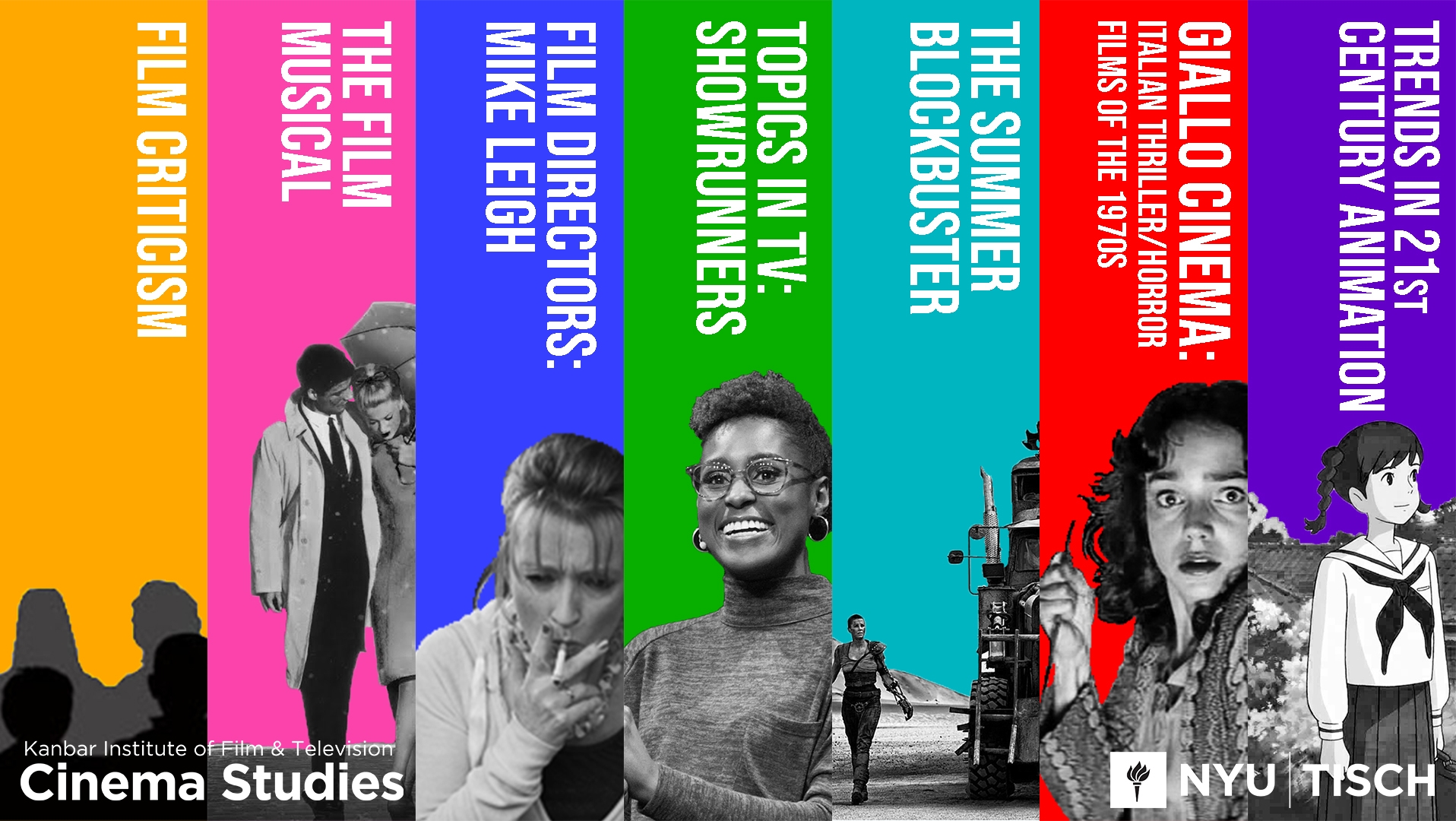Film Criticism
Eric Kohn
May 24 - July 3, 2021
Tuesdays & Thursdays
6:00-10:00pm
CINE-UT 600
Class # 5319
This course demystifies the professional and intellectual roles of film criticism in the contemporary media landscape through a historical foundation. Students will encounter criticism from a diverse range of sources and eras in addition to writing reviews of recent films, all of which should aid those interested in pursuing further opportunities in criticism and/or developing a deeper understanding of the craft. Through a combination of readings, discussions, and screenings, we will explore the expansive possibilities of criticism across multiple media, online ecosystems, and the impact of the practice on the film and television industries themselves. We will cover the influence of major figures in the profession with course readings and discussions based around work by major figures including Ebert, Kael, Sontag, and many others. Major critics, filmmakers, and other working professionals will visit the course to provide additional context. We will also explore the related field of entertainment journalism. Students will be expected to keep up with readings and assignments, including a final project, and participate in class discussions.
